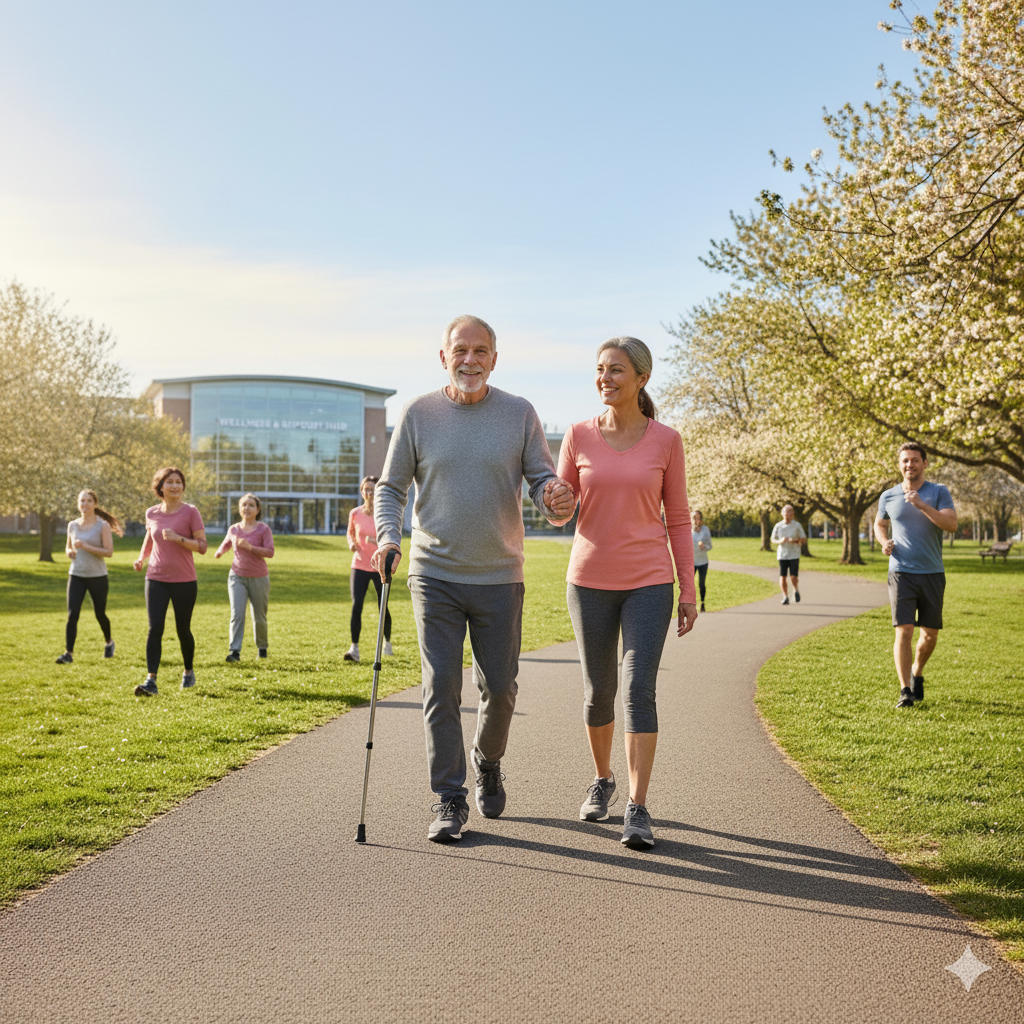

When someone hears they have Parkinson’s, one of the first questions is: “How long can you live with Parkinson’s?” It’s weighty, personal, and often overwhelming. The truth is, there’s no one-size-fits-all answer. But with good care, exercise, and support, many people live years — even decades — with meaningful life.
Let’s dive into what science and real experience tell us about Parkinson’s life expectancy, what factors impact it, and actionable steps you can take to support longevity and quality of life.
Recent studies suggest that many people with Parkinson’s can expect to live 15 to 25 years after diagnosis, especially when complications are managed and lifestyle is optimized. One press release noted the average time from onset of motor symptoms to death was about 16 years. Historically, the average lifespan following diagnosis was under 10 years in the 1960s, but treatment advances have pushed that number considerably higher. That said, Parkinson’s is not always the direct cause of death. Many complications — falls, pneumonia, heart disease — often contribute in later stages.
Because Parkinson’s affects people differently, a number of factors help determine outcomes. These include age at diagnosis, symptom severity, presence of dementia or hallucinations, mobility, fall history, comorbid conditions like diabetes or heart disease, and access to specialized care. Some people live near-normal life spans, while others face more rapid challenges.
While you can’t control everything, there are steps you and your care team can take to improve outcomes:
Stay active consistently. Exercise is one of the most powerful tools you have. Programs like boxing classes, Parkinson’s-specific movement classes, and balance training can improve strength, motor control, and even mood. Many people benefit from group programs or virtual support.
Stick with your Parkinson’s disease medications. These include levodopa and other drugs prescribed by a Parkinson’s doctor or movement disorder specialist. Staying consistent with medication timing can greatly impact symptom control and quality of life.
Prevent falls and injuries. This means making smart home modifications, using assistive devices, and improving strength and balance with targeted exercises. Fall prevention is key.
Manage non-motor symptoms. Constipation, fatigue, anxiety, sleep issues, and cognitive changes all impact wellbeing. Work with your doctor to address these. Don’t ignore them just because they’re “not physical.”
Build a strong care team. Include a Parkinson’s doctor, possibly a neurologist or movement disorder specialist, along with physical therapy, occupational therapy, speech therapy, and a Parkinson’s support group. Having multiple perspectives helps you manage the disease holistically.
Focus on wellness. Nutrition, hydration, and social support play an underrated role. Parkinson’s disease self-care isn’t a luxury — it’s part of survival. Prioritize senior wellness practices that include stress management, community, and routine.
Is Parkinson’s fatal? Not directly in most cases. People don’t die from Parkinson’s disease itself as often as they die from complications. But that doesn’t mean it should be taken lightly. The key is reducing risk factors.
Can you die from Parkinson’s disease? Yes, but it’s more accurate to say people live with Parkinson’s, and it may contribute to death by increasing risks like falling or infection.
How long can someone live with Parkinson’s disease? Some people live 20, 30, even 40 years post-diagnosis. Others face more aggressive disease. Many live longer than the public assumes.
Does exercise really help? Absolutely. Boxing for Parkinson’s, reactive balance training, leg exercises for Parkinson’s disease — all have been shown to improve function and possibly slow progression.
Life expectancy with Parkinson’s isn’t just about a number. It’s about how much care, movement, support, and heart you put into each day.
So don’t panic. Don’t obsess over a chart. Instead, get moving, stay connected, follow your treatment plan, and focus on wellness. The truth is, Parkinson’s doesn’t get to write your ending — you do.

